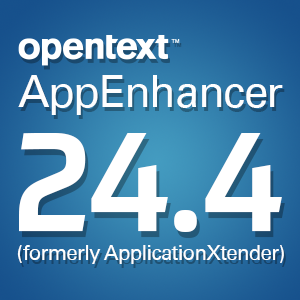Commitment to e-filing continues
Tuesday, February 19, 2013Court systems have been rapidly adopting an electronic document management system, allowing citizens to more conveniently submit documentation while simultaneously improving court officials' workflow and accelerating legal processes.
The New York Law Journal reported that the Unified Court System, an ongoing program aimed at increasing the implementation of e-filing systems, has already converted 1.3 million documents in 300,000 cases to an electronic format. The system, which already has 23,000 registered e-filers, has already demonstrated heightened security and efficiency for legal professionals. Attorneys are now able to access their cases anytime from anywhere with an internet connection. Users sign in through an online portal and, after filling out required information and transmitting the documents electronically, are sent an automatic email confirmation. The system allows attorneys, judges and other court professionals to access these files at the same time, enabling optimal productivity. E-filing entails multiple layers of security: documents are transmitted as a PDF so tampering is impossible, then encrypted upon receipt for added protection.
Better workflow at a lower cost
Chief Judge Jonathan Lippman has found the e-filing system to be cost-effective, which is a particularly important consideration in the face of budgetary constraints. He estimated that the savings from e-filing will amount to more than $300 million a year. These savings apply to attorneys as well, who can cut down on travel and document storage expenses. As the Unified Court System has expanded, voluntary e-filing has been instituted in the Surrogate's Court in 11 counties, and mandatory e-filing has been implemented in certain newly filed commercial cases.
Other counties are following suit, including the Kitsap County District Court, which The Olympian reported has been using an electronic document management systems for the past two and a half years. After the recession hit and the County Clerk's Office had to lay off multiple employees, a paperless solution was critical to maintaining operations. Betty Gould, Thurston County clerk, told the news source that managing calendars at both offices was a challenge before paperwork was digitized.
The office began in 2009 with online calendars and an electronic portal that allowed the public to access case numbers and documentation without having to go to the courthouse. All documentation was then emailed instead of printed. In 2010, clerks began e-filing, and when the Accountability and Restitution Center opened in Kitsap County, the clerk's office devised a new objective to enable digital signatures for court orders.
E-filing will continue to be a viable solution as courts look to speed legal processes for citizen satisfaction while more effectively managing large volumes of documentation.
Brought to you by Image One Corporation providing complete information governance since 1994.




